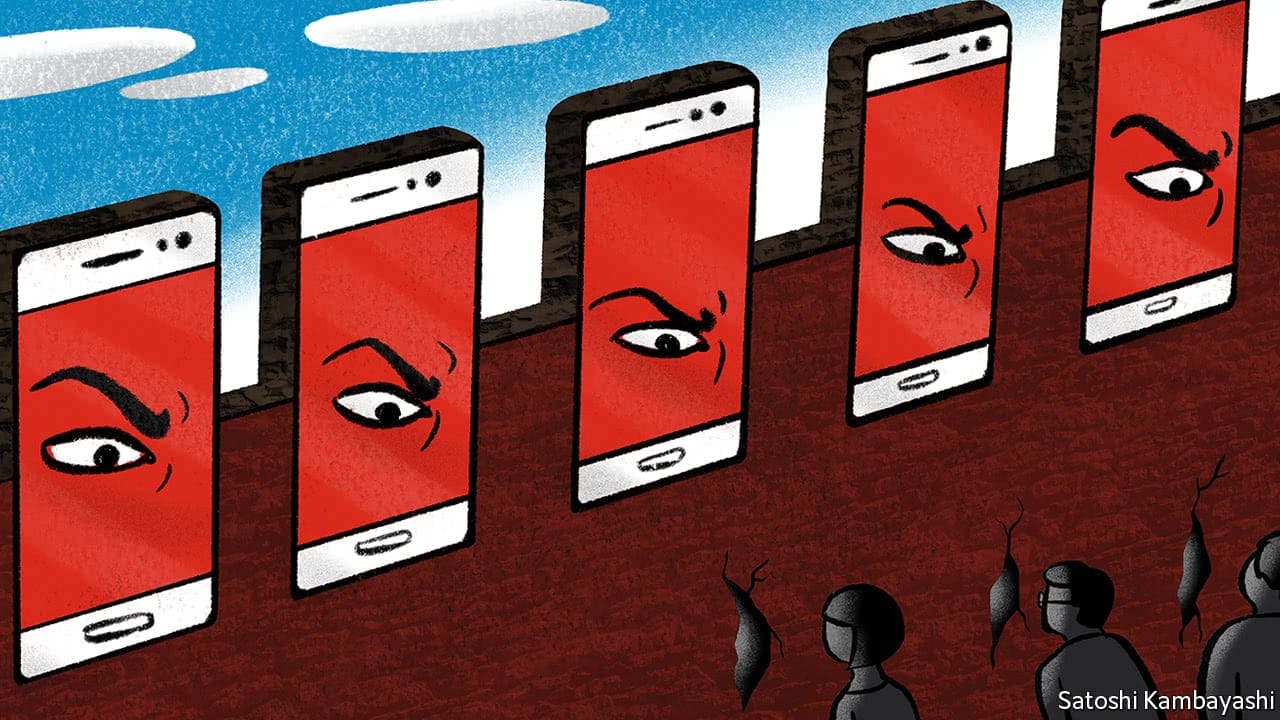China’s great firewall is rising
How high will it go?

BEFORE he was jailed, few people had heard of Wu Xiangyang. But when news of his conviction appeared in a state newspaper in late December, internet users across China took note. A small trader from the southern province of Guangxi, Mr Wu’s crime was to sell cheap and commonly used software that enables people to circumvent China’s draconian internet controls. His five-and-a-half-year prison sentence is the toughest-known penalty imposed for such “illegal business”.
Motivated Chinese have long found it fairly easy to acquire such software, which provides access to what is known as a virtual private network (VPN). Through this kind of connection, a user in China can reach the thousands of websites that are blacklisted by the government—including almost all Google services, many news sites and most foreign social networks. Many people use VPNs several times each day to jump the country’s “great firewall”, as its system of online censorship is often called in English (Chinese netizens have adopted the acronym GFW). Foreigners in China depend on VPNs to reach sites they routinely need: everything from Gmail and Dropbox to Facebook and Instagram.
Many observers believe that the great firewall’s porousness is a feature, not a bug—that its architects see benefit in a barrier that does not completely alienate entrepreneurs, academics and foreign residents, but which most Chinese web-users will not have the energy, or the finances (VPNs usually require subscriptions), to surmount. But doubts are growing about this interpretation. For the past year the government has been trying to make it harder to find, and use, VPNs—the most common form of firewall-leaping tool. Mr Wu’s punishment was clearly intended as a harsh warning to others in China not to try selling such services to ordinary consumers. Speculation is growing that even tougher curbs will be imposed in 2018.
This article appeared in the China section of the print edition under the headline “Virtual panic”
More from China

China views America’s presidential nightmare with mirth—and disquiet
Some Chinese are rooting for Gavin Newsom to become the Democratic candidate

Songs, pandas and praise for Xi: how China courts young Taiwanese
Come for the hot pot, endure the propaganda

China is using archaeology as a weapon
The state is unearthing ancient justifications for its rule over Xinjiang
